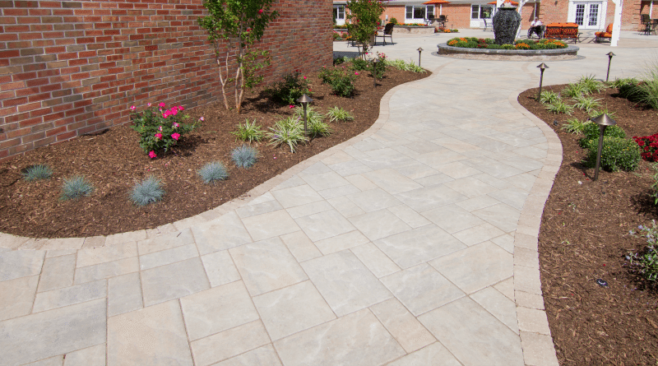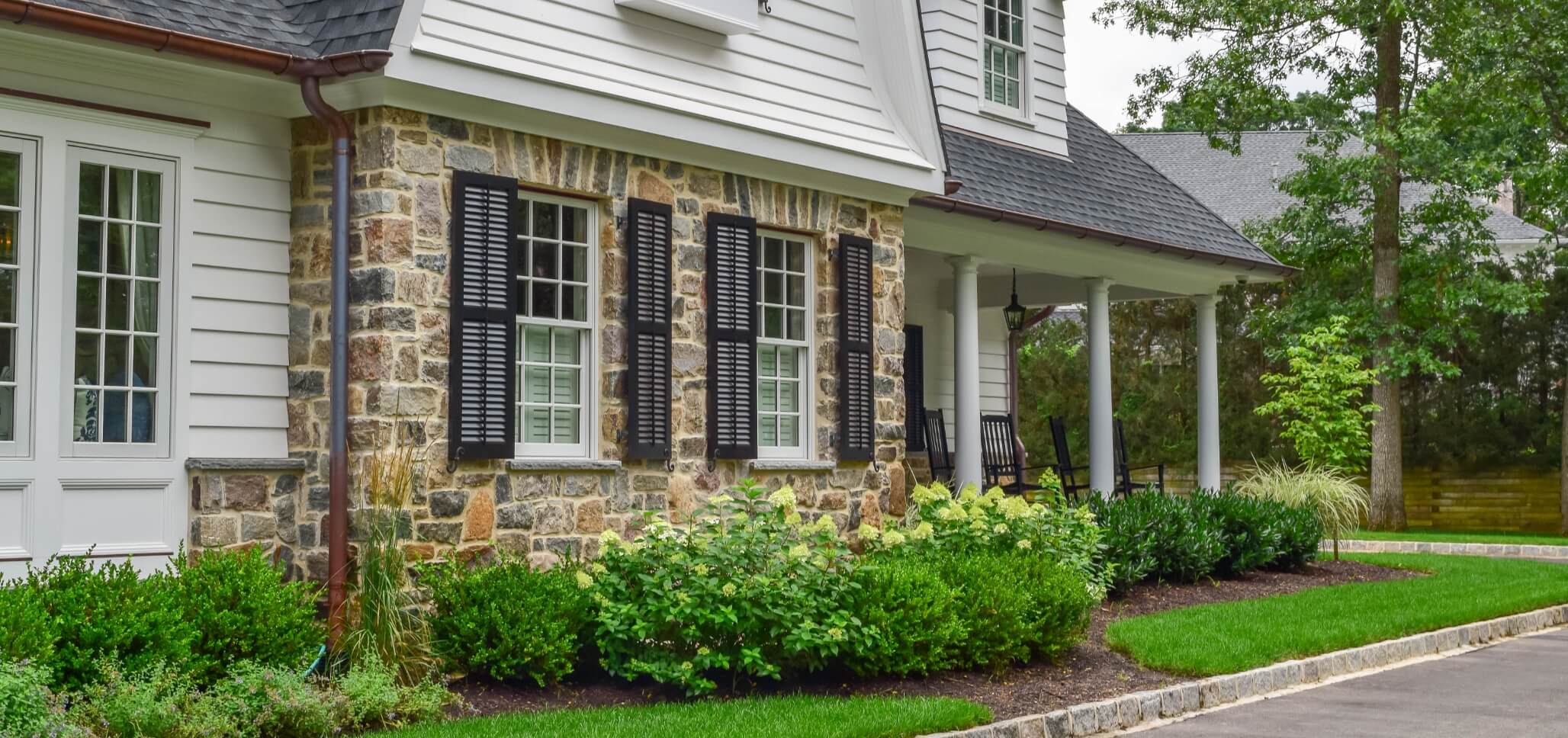Believe it or not, the weather will be warming up before you know it. For Orange County, NY homeowners who enjoy entertaining for weekly barbecues, pool parties and get-togethers, it’s extremely important to take the time before the spring and summer months hit to make sure that their pavers are in pristine condition.
In order to do so, you must be willing to put forth the effort required to carefully clean and maintain your pavers. Fortunately, this process isn’t as daunting as it initially seems – especially when your pavers have been seal coated.
For those who are new to the paver maintenance game, we’re here to help. This guide will tell you everything you need to know about how to clean pavers and keep them looking fabulous without the need for professional restoration.
The Importance of Learning How to Clean Pavers
While cleaning and maintaining your pavers may not be the most glamorous or exciting task in the world, it is nevertheless extremely important. Orange County residents can benefit greatly from learning how to clean pavers properly. The most significant advantage to doing so has to do with protecting your initial investment.
After spending the time and money on installing a paver stone patio, walkway or driveway, you want to make sure that it continues to look great and function perfectly throughout the years.
Left uncared for, pavers can become stained or discolored as a result of exposure to the elements, scuff marks, spilled food and beverages, a buildup of dirt and debris, leaky vehicles and more. By simply implementing a few cleaning practices into your weekly regimen you can avoid these problems and ensure that your pavers will serve your needs well into the future.
Required Materials
In order to clean your pavers you’ll need to have the following tools and materials on hand:
- Deck broom
- Power/pressure washer (or a hose with a high pressure nozzle setting)
- Rotary surface cleaner (as needed)
- Mild dish detergent
How to Clean Pavers
Cleaning pavers of all types is much simpler than you may think. Your ultimate objective throughout the cleaning process is to remove any dirt, grime or other unwanted debris that may have built up or accumulated on top of the paving stones.
For the most part, you should be able to rely on a garden hose with a spray attachment as a means of clearing away this residue. Should you encounter more difficult spots with stubborn stains, however, you may need to rely on a pressure washer.
In the event that you need to use a pressure washer, it’s extremely important that you remember to use it on the fan setting only. This will prevent a high pressure stream from hitting the pavers and joints and causing damage to the structural integrity of your paved patio, walkway or driveway.
Once you have completed spraying down the area with your hose or pressure washer, you’ll need to use your broom in order to replace any sand that’s been displaced.
Sometimes even a power washer isn’t enough to treat powerful stains or stains that have been allowed to sit for a prolonged period of time without being treated. Here, you’ll want to create a solution of a mild cleaner (dish detergent is often best) and water.
Before using the diluted solution on large areas of your patio, we recommend that you test it on a small area of your pavers to ensure that no discoloration or other issues occur. Once you’re sure that the solution is safe, be sure to scrub the stained area with the cleaner and a broom or make use of a rotary surface cleaner. Rinse the treated area thoroughly upon completion to avoid any soap residue or buildup.
As with any type of cleaning regiment, the more frequently you take the time to wash your pavers, the less dirt and debris will be able to accumulate, thus making the process faster and easier every time. By setting aside a little time each week to treat your pavers, you’ll avoid lengthy and costly renovations down the line.
In addition to knowing how to clean pavers in the most general sense, you should also be aware of some useful tips for working with specific types of pavers:
- Concrete Pavers – Orange County, NY homeowners with concrete pavers are able to enjoy the strength and reliability of these materials. To get the most out of them, though, you must know how to clean pavers of this exact type. In addition to following the general guidelines which have been set forth above, you’ll need to take the time to find out which cleaning materials and products have been approved by the manufacturer of your pavers. Never use muriatic acid solutions or similar products as they can cause serious damage to pavers.
- Brick Pavers – Brick pavers are a commonly selected alternative to concrete pavers. Orange County residents frequently select brick because it’s extremely attractive, easy to work with and very affordable. As in the case of concrete pavers, brick pavers are susceptible to the impact of exposure to mother nature and regular wear and tear. Because bricks tend to be porous, it’s important to have them sealed. Even then, however, some leaks may run deep. One smart tip for treating difficult oil stains on brick is to sprinkle cat litter on top and let the material absorb into the litter overnight. Simply sweep it away the next day.
Preparing for Re-Sealing
Each of the tips mentioned previously were related to how to clean pavers after they have already been sealed. Just because you had your pavers seal coated after the project was initially completed, though, doesn’t mean that you’re set for life. In fact, we strongly recommend that you set up a schedule for having your pavers re-sealed every 2-3 years, at minimum.
Doing so will not only help to preserve the look and color of the concrete or brick units, but will also add to the strength and longevity of the pavers. Before you can have your pavers re-sealed, however, you need to take some steps to ensure they are properly cleaned.
There’s absolutely no point in re-sealing pavers that are not clean, so you should start things off by doing a thorough job of washing away residue and stains.
At this time you might also consider re-filling the joints with polymeric sand, as some of the sand may have washed away after a period of time. After the sand has hardened, apply a coat of sealant down on top of the pavers. Be sure to always follow manufacturer specifications to a T.
Interested in learning more about how to clean pavers? Feel free to reach out to the experts at Braen Supply. As the largest supplier of concrete and brick pavers throughout Orange County, NY and its surrounding areas, we’re familiar with all of the leading products and can provide you with all the information you need in order to care for your pavers.
We also sell supplies required for cleaning and sealing pavers, and can connect you with high quality pavers for future projects. Get in touch with one of our experts to talk about the care your pavers demand today.



